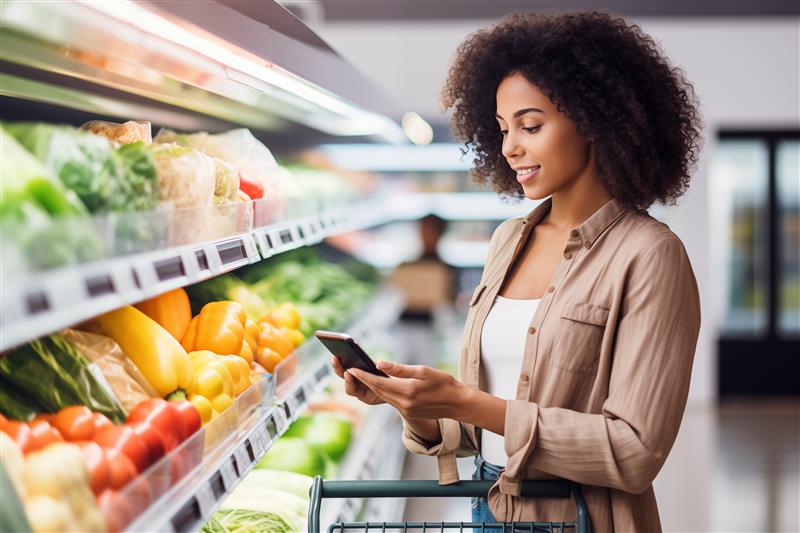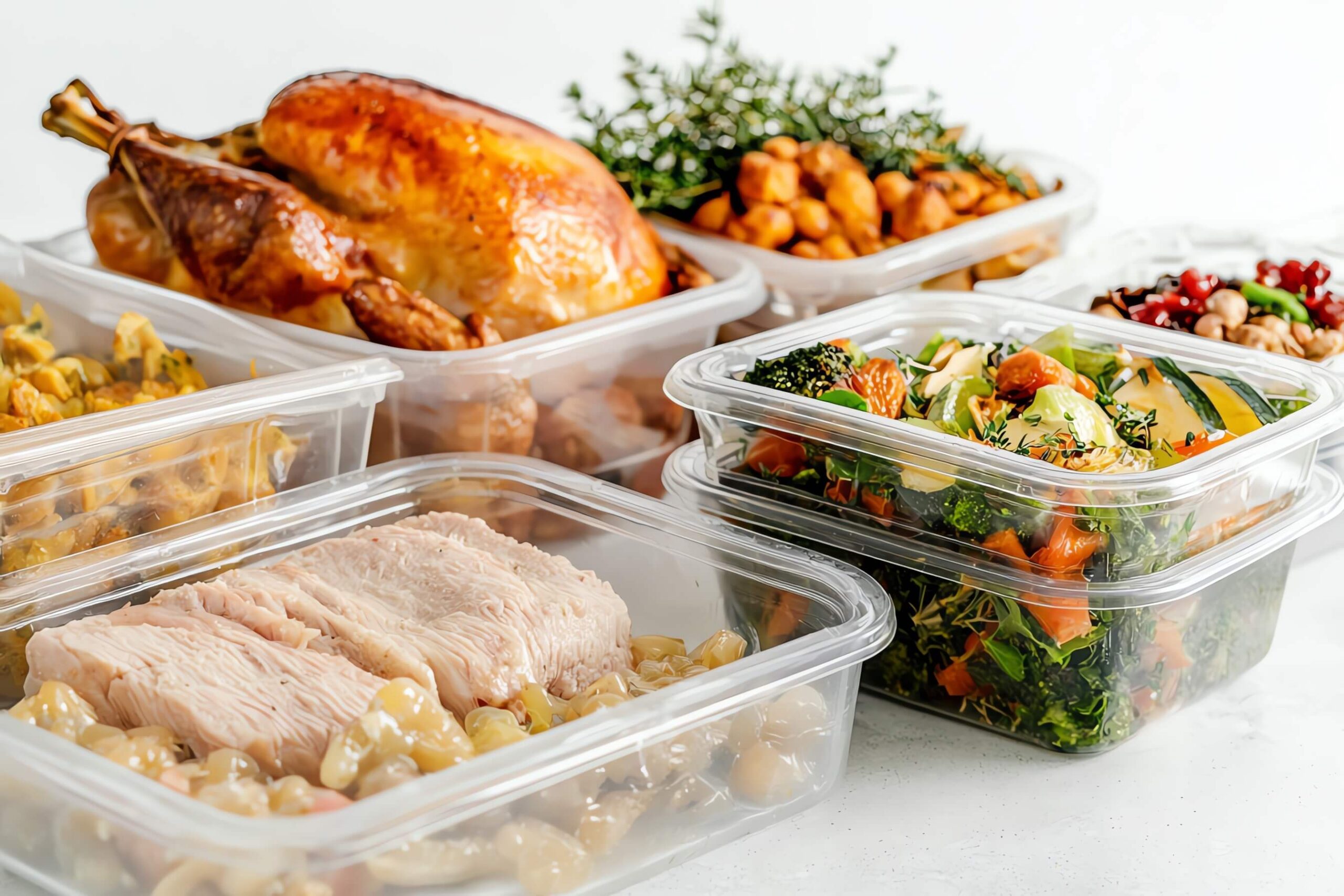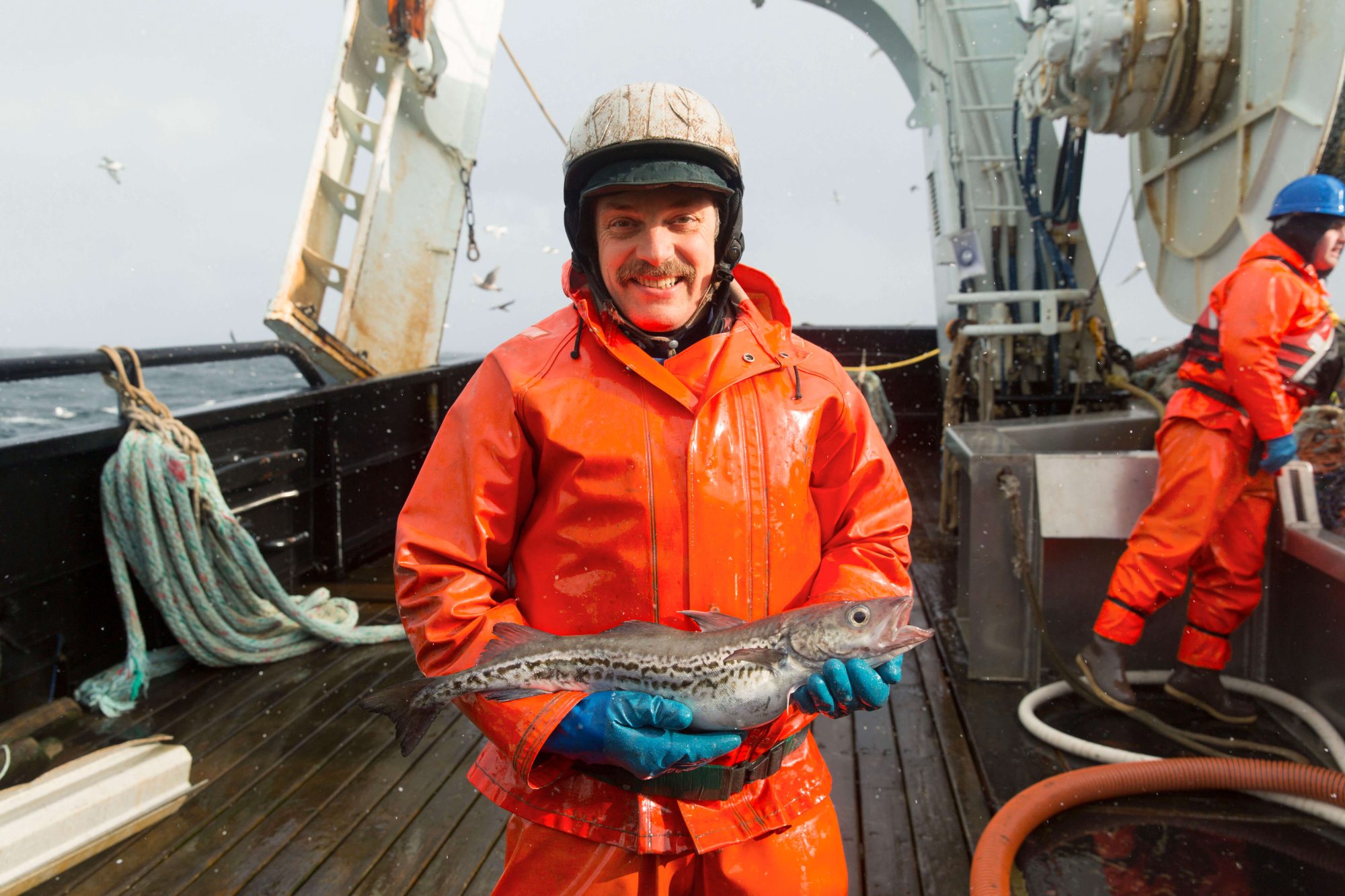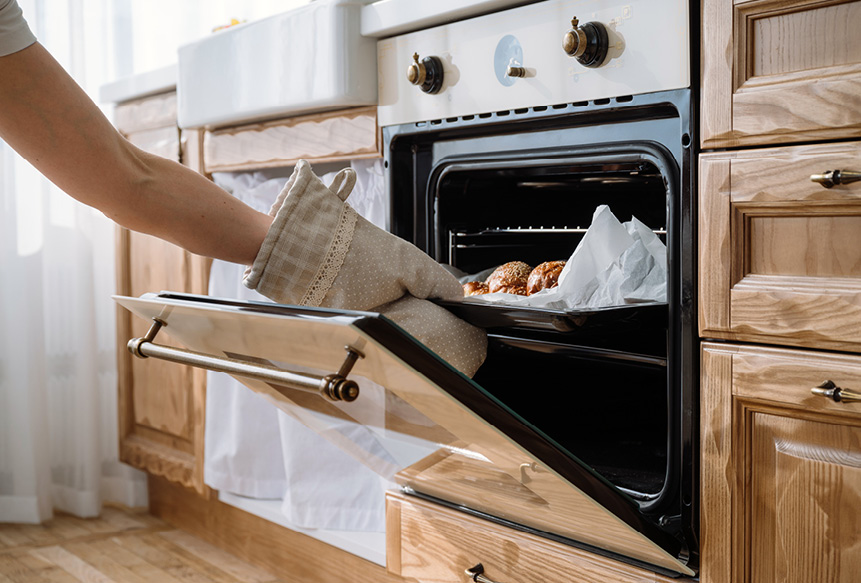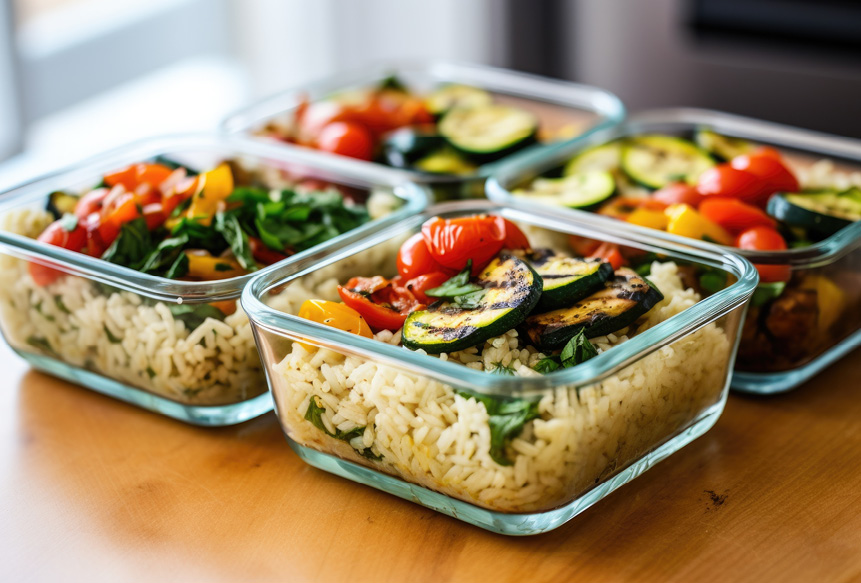Gratitude Seafood is making waves in the sustainable seafood movement. The Indigenous-owned company does more than produce healthy, BAP-certified sustainable seafood, it also gives back to First Nation communities across the country.
They give their gratitude to the land, to the sea, to the communities, and they take care in everything they do, Kim Stockburn, Sales and Brand Manager, Raincoast Trading.
Gratitude Seafood is owned by Nuu-chah-nulth Seafood LP, a First Nation-owned seafood company on the west coast of Vancouver Island. The enterprise was born out of Nuu-chah-nulth’s guiding principles:
- hish-uk ts’a-walk: everything is one, everything is interconnected
- iisaak: greater respect with caring
- uu-a-thluk: taking care of future generations
Nuu-chah-nulth Seafood is owned and operated by five First Nation communities: Ditidaht First Nation, Huu-Ay-Aht First Nations, Uchucklesaht Tribe Government, Yuułuʔiłʔatḥ First Nation Government and Ka:’yu:’k’t’h’/Che:k’tles7et’h’ First Nations.
One fish at a time
When consumers look for sustainable seafood options, they do so with the environment in mind. As people grapple with understanding climate change and unsustainable food practices, shoppers want to buy products from brands they know are trying to reduce the impact on our environment, keeping it healthier.
That is one of Gratitude Seafood’s core values: Taking Care. They apply this value across all of the work they do, and that includes ensuring their fish are caught one at a time. Any fish they don’t need or are too young are returned to the ocean.
People want to do the right thing, they’re not going to do the wrong thing purposely when they have the option not to, Kim Stockburn, Sales and Brand Manager, Raincoast Trading.
Every single fish used in Gratitude Seafood is caught one at a time. No nets, no long lines with baits or barbs. Fish are caught using a line off the back of a boat, that’s it. Not only does this allow fishers to throw back juvenile fish, But it also avoids snagging other animals like sea turtles, dolphins, sharks, and whales that are often caught and killed by other fishers using baited barbs and nets.
By putting Gratitude Seafood on Sobeys, Safeway, Foodland, IGA West, and Thrifty Foods shelves, people will have an opportunity to consume seafood in a way that protects the environment and the integrity of ocean life. It also supports Indigenous communities. That’s why Gratitude Seafood is Ocean Wise recommended.
Gratitude’s canned seafood isn’t your average canned salmon, either. With no additives, no water to drain and pure sea salt, shoppers can feel confident they’re purchasing and consuming additive-free seafood.
Giving back to communities
For Gratitude Seafood, it’s all in the name. By buying Gratitude Seafood, consumers can enjoy all the canned seafood they want without the worry of unsustainable fishing while knowing their purchase gives back.
Sustainability doesn’t start and end with the fish, it extends to communities across Canada, to traditional languages and opportunities. As part of their core value to Take Care, Gratitude gives 3% of their net annual sales back to Indigenous communities across Canada.
75% of the 90 Indigenous languages spoken in Canada are endangered, according to UNESCO.
Each year, 1.5% of Gratitude’s sales go towards creating new economic opportunities for First Nation communities to get involved in the seafood industry.
The other 1.5% of the sales are reinvested in Indigenous communities and go towards traditional language revitalization.
The program, called Laptops for Learners Fund, provides laptops to people working towards revitalizing traditional languages in their community or those learning their traditional language.
The funding isn’t limited to the west coast. Wherever consumers buy Gratitude Seafood, the money will go back to the local Indigenous communities.
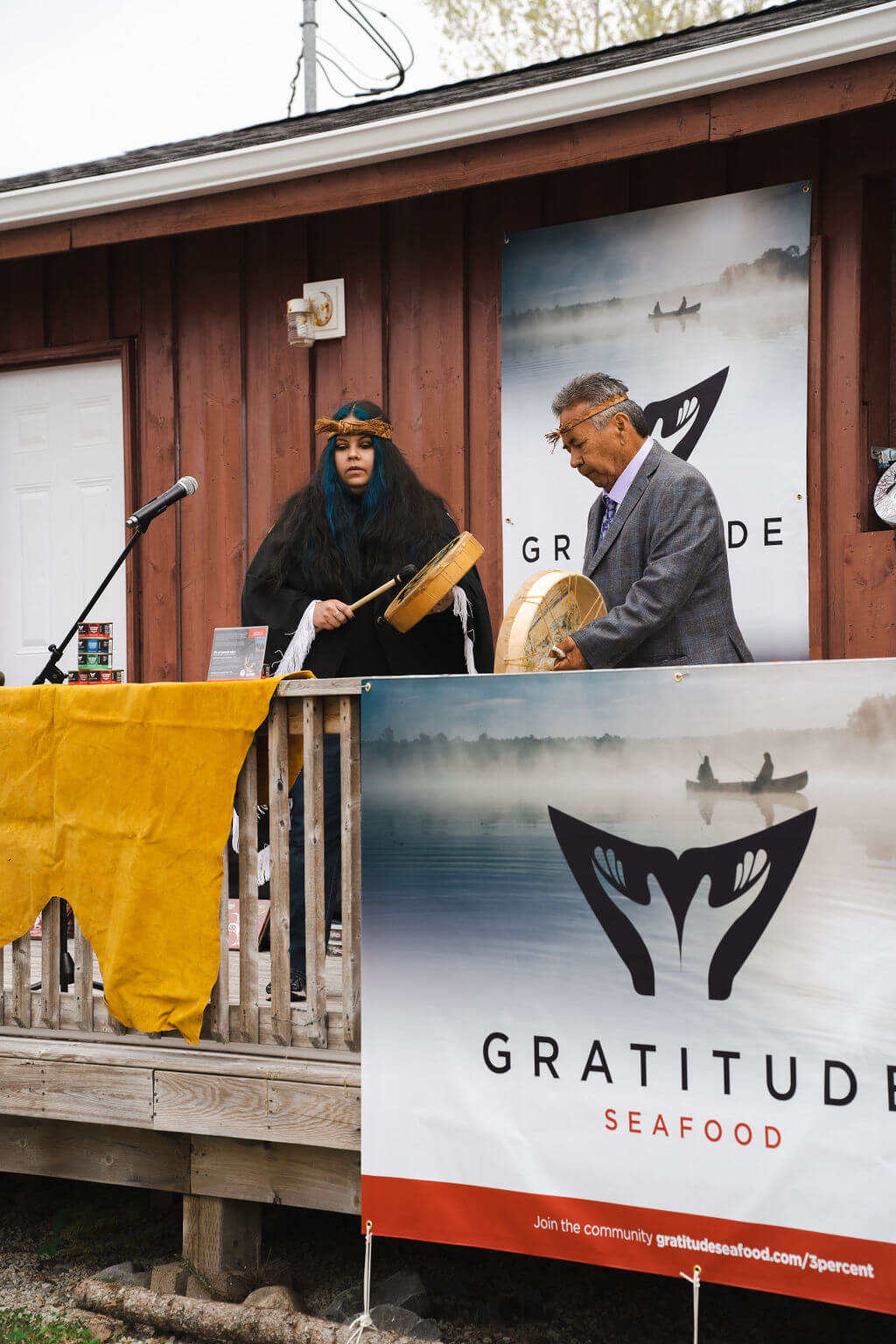
With reconciliation making headlines, people are beginning to understand why the languages were taken out of their homes. Restoring the language is a now or never situation, Kim Stockburn, Sales and Brand Manager, Raincoast Trading.
